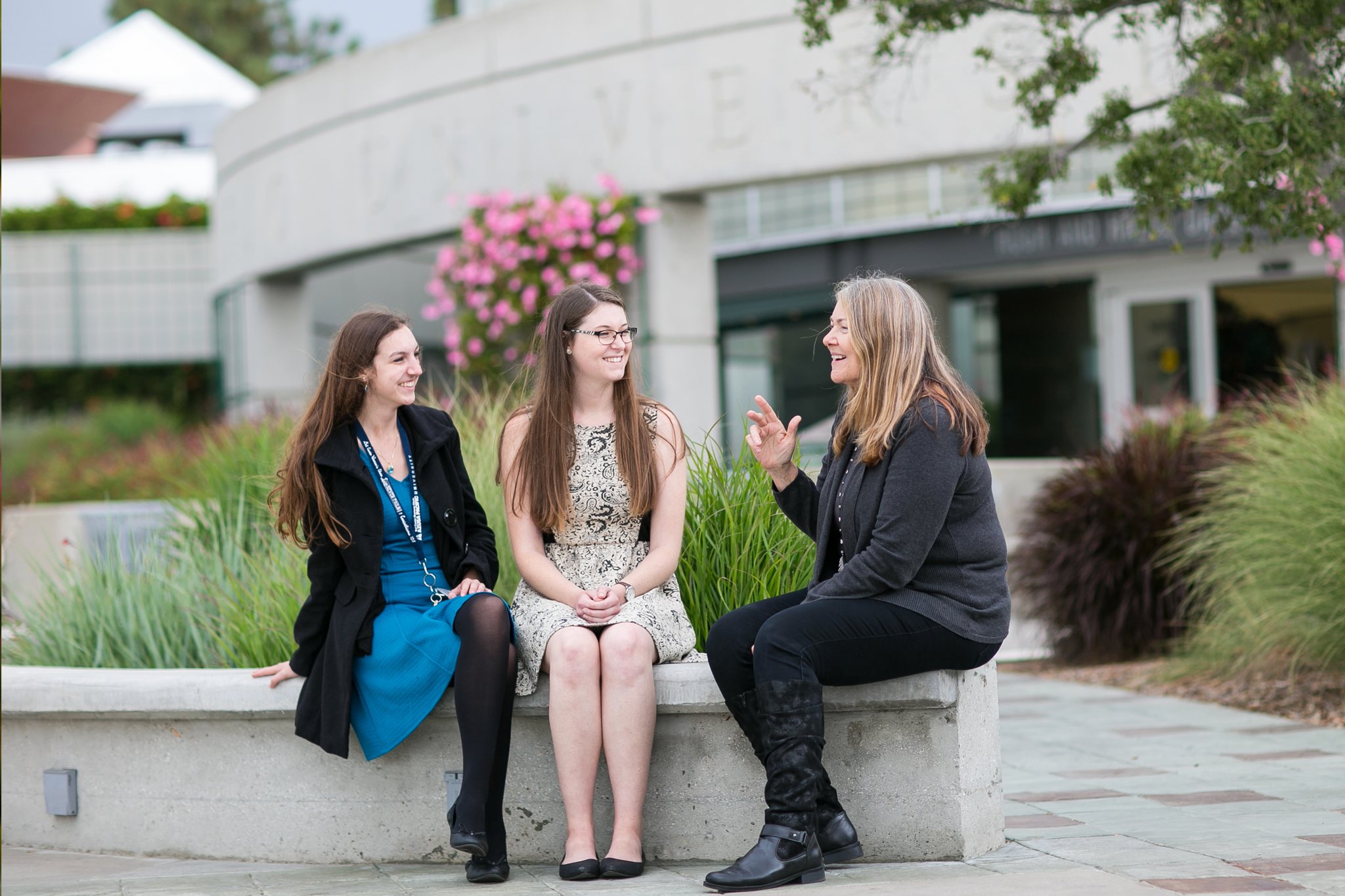
Frequently Asked Questions
- Home
- >
- Honors College
- >
- Frequently Asked Questions
Contact Information
Email: [email protected]Phone: (626) 857-2408
Hours
Monday–Friday, 8:30 a.m.-5 p.m.Location
Mary Hill Center, Room 121On This Page
- What should I know about the Honors College?
- How is the Honors College at APU different from those at other colleges?
- How will the Honors Humanities major work with my major?
- Which general education courses does the Honors College replace?
- What happens to my AP or college credit?
- Can I graduate early and still do Honors?
- How does a Great Works program work?
- How difficult is Honors?
- What are the application deadlines?
- Can I apply if I am below the average GPA or test score guidelines?
What should I know about the Honors College?
There are three main things you should know about the Honors College:
- The Honors College offers in-depth learning in small, discussion-based, intellectually stimulating seminars that explore life’s big questions and that facilitate close relationships among faculty and fellow students.
- The Honors community comprises scholars, musicians, actors, athletes, and student leaders from a multiplicity of majors who enjoy living, studying, and learning together.
- The Honors College aims to help students rediscover the wisdom of the Christian tradition, restore moral and intellectual virtue to a place of prominence for aspiring leaders, and reclaim the classical quest for truth, beauty, and goodness.
How is the Honors College at APU different from those at other colleges?
The Honors College at APU explicitly serves as an extension of the university’s mission to send difference makers into the world. Nowhere, except at APU, will you find all of the following:
- An Honors College structure
- Full-time faculty dedicated to the Honors College
- An interdisciplinary Honors Humanities major and minor
- Fulfillment of all GE requirements
- Writing groups
- Public speaking workshops
- Weekly plenary lectures
- Emphasis on practicing the Sabbath
- Honors scholarships
- Oxford-style tutorials
- A focus on leadership, character, and faith
- Student publication opportunities
How will the Honors Humanities major work with my major?
The Honors Humanities major works with all other majors at Azusa Pacific University. Because the Honors Humanities major (48 units) replaces the entire general education program (60+ units), there is room in your schedule to complete both Honors Humanities and your major in biology, nursing, English, etc. in four years. Students also have the option of completing the Honors Humanities minor (30 units).
Which general education courses does the Honors College replace?
In the Honors Humanities major, all general education (GE) requirements are waived, allowing students to complete two majors in four years. This means you do not have to take any placement exams!
What happens to my AP or college credit?
Your AP credits or college credits will still transfer to APU, but instead of waiving a general education course, they will simply count toward the 120 unit graduation requirement.
Can I graduate early and still do Honors?
The Honors Humanities major takes four years to complete, but students can participate in the Honors Humanities minor and graduate in five semesters.
How does a Great Works program work?
Students read 60-65 primary texts in the Honors Humanities major and 40-45 books in the Honors Humanities minor, including texts such as Dante’s Divine Comedy, Plato’s Republic, and Emily Dickinson’s poetry. Texts range in length and genre, yet all of them serve to instill faith and discernment in students. Students demonstrate learning about the texts in conversations, essays, and oral presentations. There are no quizzes, tests, or final exams in the Honors College.
How difficult is Honors?
The Honors College is a unique learning environment that forgoes the typical class structure (no tests or busywork). It can be challenging for students who do not like to read or write. You will love Honors if you enjoy reading and engaging with primary texts, participating in Socratic seminar-style classes, and writing about important issues and intriguing texts.
What are the application deadlines?
Because we are a competitive program, applications should be submitted by November 15 at 11:59 p.m. to receive priority consideration. Applications will still be accepted until our regular decision deadline on February 15. Applications after February 15 will be considered based on available space.
Can I apply if I am below the average GPA or test score guidelines?
Yes! One-half of newly admitted students have test scores and a high school GPA above the average and one-half fall below. We are interested in all students who enjoy spirited conversation, love to read and write, and want to think deeply about truth, beauty, and goodness.
Note: This information is current for the 2024-25 academic year; however, all stated academic information is subject to change. Refer to the current Academic Catalog for more information.